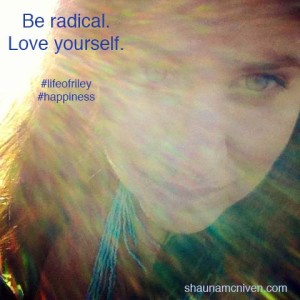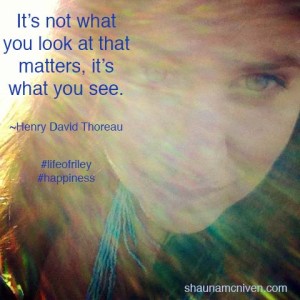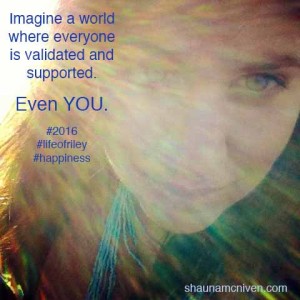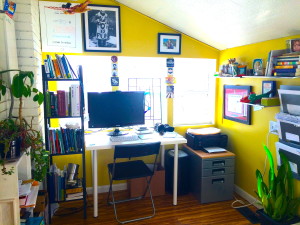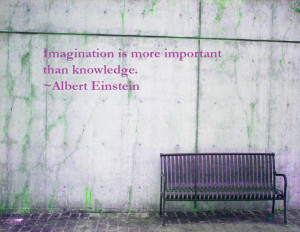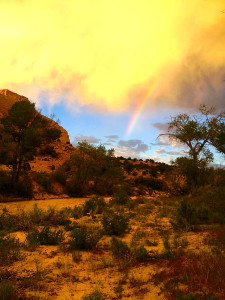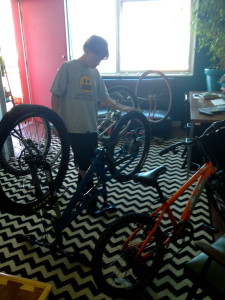I don’t know why it is so hard to love yourself. To love every part of whom you are. It is time to stop the micro-aggressive attacks.
I hate seeing photos of myself. It is worse than going to the dentist. It is worse than picking up dog poo with a plastic grocery bag on a walk. It is worse than cleaning the bathroom. I would rather do almost anything than look at a photo of myself. When I work up enough courage to actually pull off the Band-Aid and look at a photo I am in, I can actually see the discomfort in my face and body. I pains when my photo is being taken because I know I am going to have to look at it one day.
Sometimes, it even extends beyond just a photo. I avoid getting my hair styled because that means I have to look at myself in the mirror for an hour. I buy clothes and try them on at home so I don’t have to catch glimpses of myself in the mirror half-naked and wrestling to get on a pair of jeans. Life would be so much easier if I was invisible.
I didn’t always hate to look at myself in a photo. As a young girl and a teenager, I can remember setting up vignettes and posing like a model with my friends. The wait for the film to develop took forever, and we would always get doubles so we could each have copies of the pictures.
When I was about 13 or 14 I went with one of my friends and her family to Lake Powell. One afternoon, we were drying off in our bikinis and her mom snapped a couple of shots of us sitting on the back of the boat. We had just gone for a hike and gone for a plunge in the warm lake. I remember sitting up straight and smiling for her mom as took our photo. We were having fun and I felt good in so many ways; being surrounded with red rocks, stretching my legs out on a hike, and the free feeling of swimming in the warm water. A few weeks after we got home, my friend gave me a little envelope with photos from the trip.
“I’m sorry,” she said when I got to the photo her mom snapped of us on the boat.
“What for?” I asked.
“Well, I kept the better one,” she said as she pointed to my stomach. “In case other people see it.”
“Oh, thanks,” I said as I squinted, hoping to see what she was pointing out. My body shifted away from her as I realized she was criticizing my physique in the picture. I didn’t know what she was talking about. I thought I looked good.
As my body shifted from a child to a young adult over the next few years, I found myself in unsure of how I looked to others. Sometimes I looked thin. Sometimes I did not. Some clothes were flattering, and some times my clothes got made fun of. I was never quite sure, and I lost trust in my ability to feel good in my body. I no longer trusted the reflection I saw in the mirror. I was likely to look different to other people, and the same thing happened in photos. I wanted to know what other people thought of my appearance, so I started criticizing myself (it was socially unacceptable to give myself compliments) to see what response I would get.
I came to realize that I was missing out on something huge. Everyone else could tell if clothes were cute, haircuts were complimentary of my face shape, or if a backpack was out of style. But, I was (and still am) clueless. I stopped trusting the image I saw in the mirror and photos, and at some point I stopped looking beyond the bare minimum required to maintain myself. I even close my eyes when I brush my teeth.
Lately, I have been noticing that other people don’t mind having their picture taken, and some people even like it. I am jealous. I want to know what that feels like. Don’t get me wrong, I don’t hate myself and I have plenty of confidence in myself, but I have never been exactly comfortable in my body.
My 40th birthday is rapidly approaching, and I want more than anything to love myself, all of myself, even my body. Stretch marks and all. I want to see my smile without the pain in my eyes when I get my picture taken. I am going to smile at myself in the mirror when I get my haircut. So, if you see my face showing up in more pictures it is my way of working toward self-acceptance, and loving the person that I am. Stopping the micro-aggressive criticisms is a great gift to myself, and loving who I am as much as the love I show to others is a new road to walk down.

